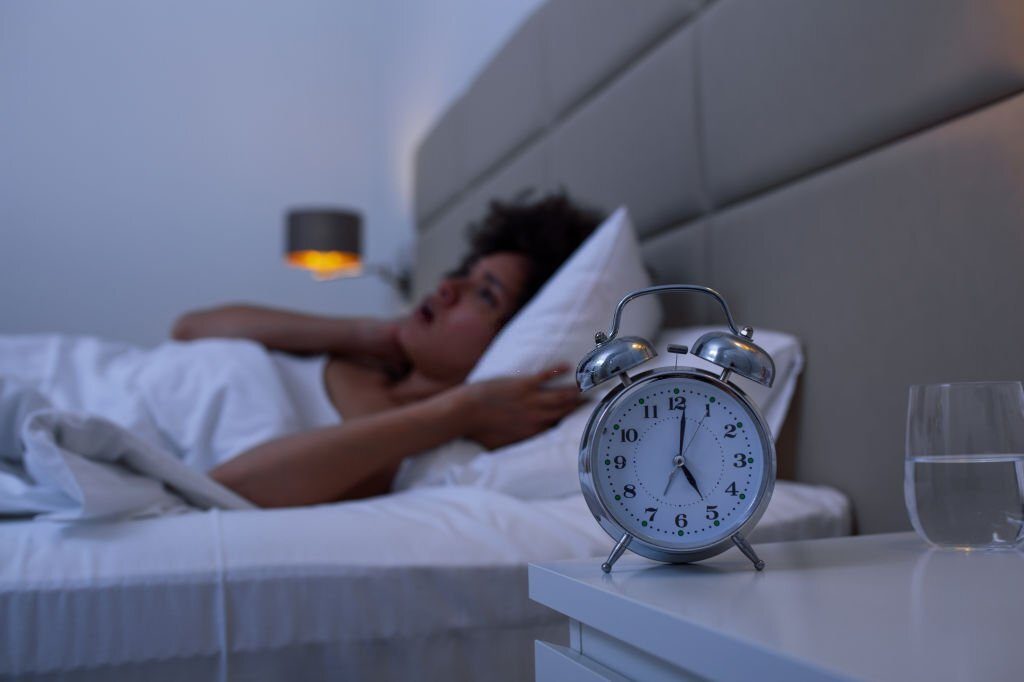Discover How Sleep Deprivation Can Impact Your Health
Are you aware that sleep deprivation could be silently wreaking havoc on your life? It's not just about feeling tired; it's about your overall well-being. Research shows that even a single night of inadequate sleep can trigger a cascade of negative effects.
Health Impacts: Skimping on sleep can have serious health impacts, from mood swings to headaches and hormonal imbalances. Surprisingly, just one week of sleeping less than six hours per night can lead to alterations in over 700 genes. Moreover, ongoing sleep deprivation is associated with serious health conditions, including heart disease, diabetes, depression, and a heightened risk for Alzheimer's and other neurodegenerative diseases.
Weight Gain: Did you know that insufficient sleep could be a factor in weight gain? When you don't get enough sleep, your body's hunger hormones go haywire, making you crave high-calorie foods. Additionally, your impulse control takes a hit, making it harder to resist indulging in unhealthy snacks.
Cognitive Decline: Lack of sleep doesn't just affect your body; it also impairs your cognitive functions. From slowing down your thinking to impairing memory and concentration, the effects are far-reaching. During sleep, your brain processes information, consolidates memories, and clears out toxins. Without adequate rest, your brain's ability to function optimally is compromised, potentially leading to accelerated cognitive decline.
Understanding Sleep Patterns
Sleeping seven to nine hours of quality sleep is crucial for optimal brain and body function. Your sleep quality is just as important as the quantity. Throughout the night, your brain cycles through different stages of sleep, each essential for restorative processes. From the initial stages of light sleep to the deeper stages where brain activity slows down, each phase is vital in ensuring you wake up feeling refreshed and rejuvenated.
Prioritise your sleep for better health and well-being. Invest in quality rest to unlock your full potential and safeguard your long-term health.
